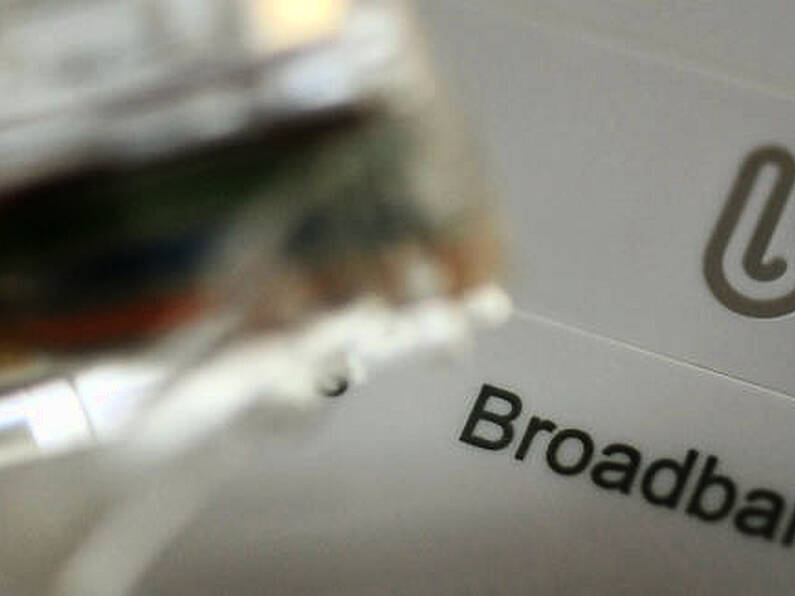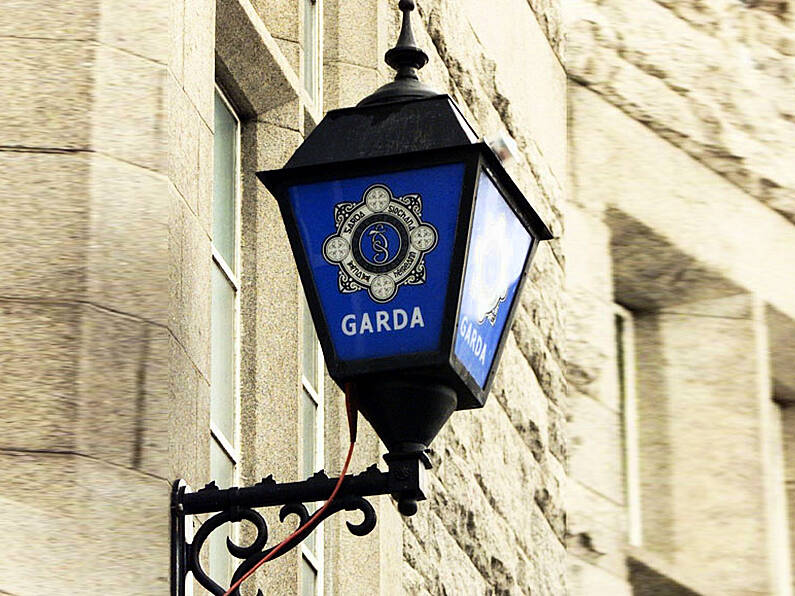The civil servant overseeing the broadband plan has strongly defended the project, insisting that any decision to halt it would “likely result in the marginalisation of rural communities.”
Department of Communications secretary general Mark Griffin said a “robust budget model” was agreed for the plan and that “extensive quality checks” were in place for the €3bn deal.
His comments were included in a written reply to the Department of Public Expenditure secretary general, Robert Watt, who has significant concerns about the plan's cost for taxpayers.
Rejecting Mr Watt's criticisms, Mr Griffin cited protections for the State in the deal and long-term benefits.
He said the "availability of ubiquitous high-speed broadband will bring significant benefits in the areas of education, e-health, tourism, regional development, social inclusion, etc, which cannot be captured by the methodology".
Mr Griffin said the deal mirrored Government policy and halting it would hit rural Ireland.
“It is in fact entirely consistent with the strategy of successive Irish governments in promoting the development of Ireland as a digital leader in the EU and growing the high-tech sector of our economy," he wrote.
"Not to intervene where the market has failed would likely result in the marginalisation of rural communities.”
Despite Mr Watt's concerns about taxpayers potentially paying several thousand euros to connect isolated properties to broadband, Mr Griffin said ultimately users and homes would foot up to 50% of that cost over the lifetime of the 25-year deal through service charges.
He said Plan B options for high-speed broadband had been ruled out and the only option left was “indefinitely excluding rural Ireland from the benefits of digital connectivity”.
Mr Griffin said the bid process included 880 hours of dialogue with three bidders. A full fibre network was the best option as opposed to a costly wireless system that could require thousands of extra masts, he said, adding extensive checks and monitoring were built into the chosen bid.
“The State will levy significant penalties if the bidder fails to hit the targets set out and where certain targets are not met, the State may terminate the contract. There are extensive quality checks and monitoring obligations included in the contract with the bidder...”
Mr Griffin cited the clawback element of the contract which allows savings to be kept by the department. If shareholders within the bid consortium sell their stake in the group in the first 10 years, the State can also recoup any profits.
While Mr Griffin outlined the money being put forward by the bidder, this was redacted in his letter.
The Department of Communications said this information cannot be shared as it is “commercially sensitive".
Mr Griffin also advised that the Attorney General had warned that changing the ownership model could have triggered a legal challenge.
He said a team in his department will oversee the broadband plan and contract. This will “require a budget of up to €10m” annually and will include 10 permanent civil servants supported by external specialist staff.






